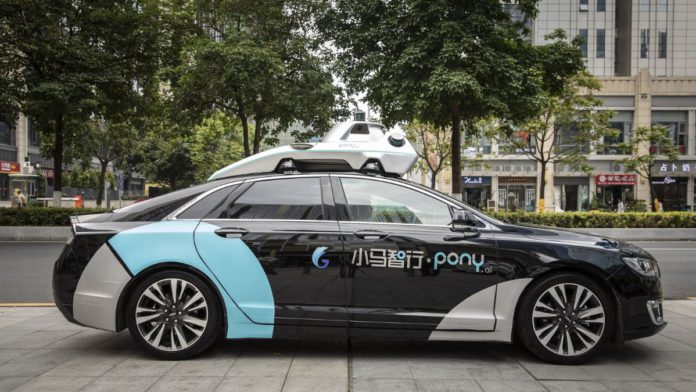You.com, an AI search engine that debuted last year with the promise of more incredible customizability, started a ChatGPT-style chatbot, YouChat, on its website on Friday. The chatbot can solve questions, have conversations, and bring more exposure to artificial intelligence for ordinary people.
The new search engine function is modeled after ChatGPT, an AI chatbot that gained popularity earlier this year for providing original answers to challenging questions. However, You.com claimed that it expects to stand out by providing solutions to more recent queries.
When we asked about the inflation rate in 2023 during the first quarter, YouChat answered:
However, as per Google, the metric will be about 6.5%. Evidently, the factual answers are not very reliable, just like in ChatGPT’s case. This is why people should be cautious while using YouChat to get detailed answers, specifically the ones having factual data.
Read More: Persistent Systems Has Set Up A Unit Focusing On Microsoft Azure To Collaborate On Cloud, AI
You.com says, “This product [YouChat] is in beta, and its accuracy may be limited,” and adds that it is not accountable for the answers YouChat generates.
ChatGPT, YouChat, and other similar chatbots are a part of a significant technological change wherein artificial intelligence algorithms are increasingly used to produce new genres of writing, music, and even art. Their popularity and progress have caused some to wonder what constitutes art and whether computers can create original works from a pool of knowledge.
Only time will tell whether such AI services will replace humans or only reduce their involvement in activities.











